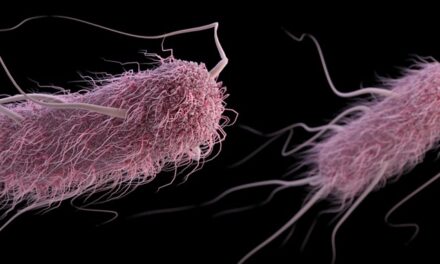
San Diego, CA–The California Department of Food and Agriculture declared a quarantine in parts of north San Diego County Thursday, after detecting a potentially devastating citrus disease in the county for the first time.
The bacterial disease, known as Huanglongbing or “citrus greening,” was detected in two citrus trees on a residential property in Oceanside. The disease is not harmful to people but is deadly to citrus and could be devastating to the county’s citrus industry. Huanglongbing is spread by tiny insects, the Asian citrus psyllid, if they are carrying the bacterium when they feed on citrus plants and trees, according to Gig Conaughton, County of San Diego Communications Office.
California Department of Food and Agriculture officials said the 60-square-mile quarantine area will prohibit people and businesses from moving citrus nursery stock, plant parts, and fruit outside the quarantine boundaries, with the exception of commercially cleaned and packed fruit that adhere to specific requirements. The quarantine also prohibits people from moving residential citrus plants and plant parts off the properties on which they are grown.
The quarantine area is bordered on the north by Vandergrift Boulevard; on the south by Carlsbad Village Drive; on the west by the Pacific Ocean, and on the east by Melrose Drive.
“Unfortunately, Huanglongbing is fatal to citrus,” said San Diego Agricultural Commissioner Ha Dang, “so our goal is to stop this from spreading any farther. By working together, we can all protect San Diego County’s $150 million citrus industry from this deadly disease.”
The California Department of Food and Agriculture, the United States Department of Agriculture, and San Diego County’s Department of Agriculture, Weights, and Measures are working together on the quarantine. Work includes treating the residential location where the disease was found, establishing the quarantine boundaries and notifying businesses and residents within the quarantine area.
The Department of Food and Agriculture and the Department of Agriculture, Weights and Measures will coordinate informational meetings for commercial growers, nurseries, and residents in the quarantine area. The AWM will have information available on its website with links to Google translator that can translate the information into multiple languages.
Dang said this was a critical time for homeowners to protect their backyard citrus trees by searching for evidence of the Asian citrus psyllid and the disease.
Huanglongbing affects the vascular system of citrus trees and plants. Once a tree is infected, it cannot be saved and will die within a few years.
Huanglongbing symptoms include blotchy yellowing of leaves, yellow shoots, lopsided, small and rancid-tasting fruit, and premature, excessive fruit drop. If people are not sure if their plants are infected, they can contact the CDFA “Report-a-Pest” hotline at 1-800-491-1899.




